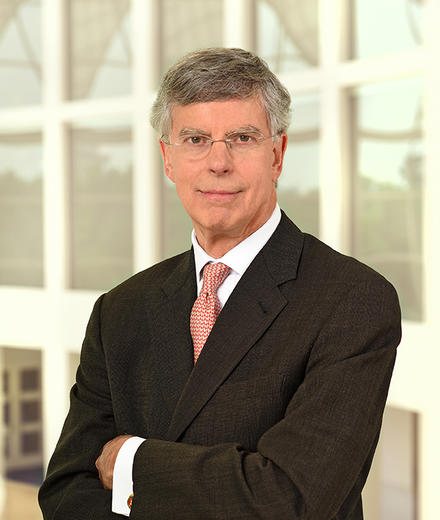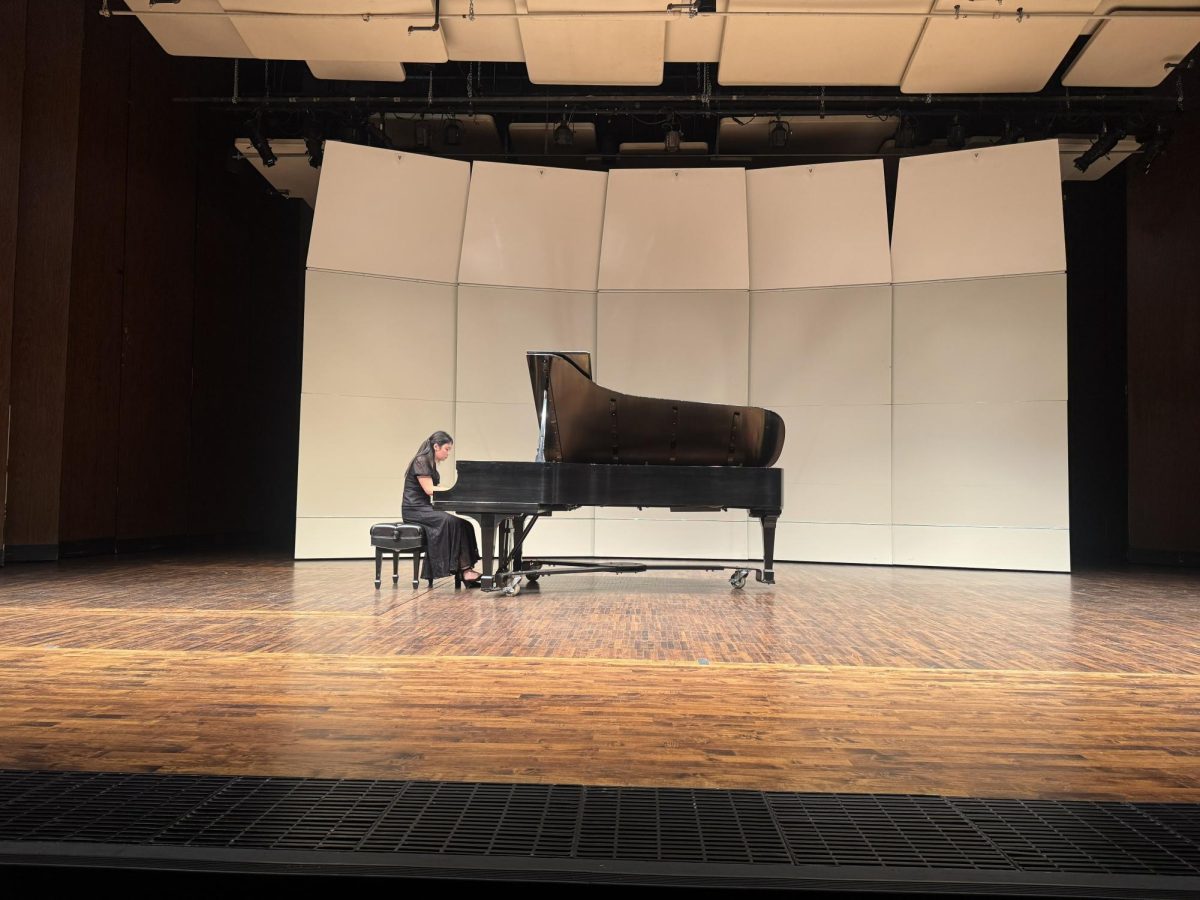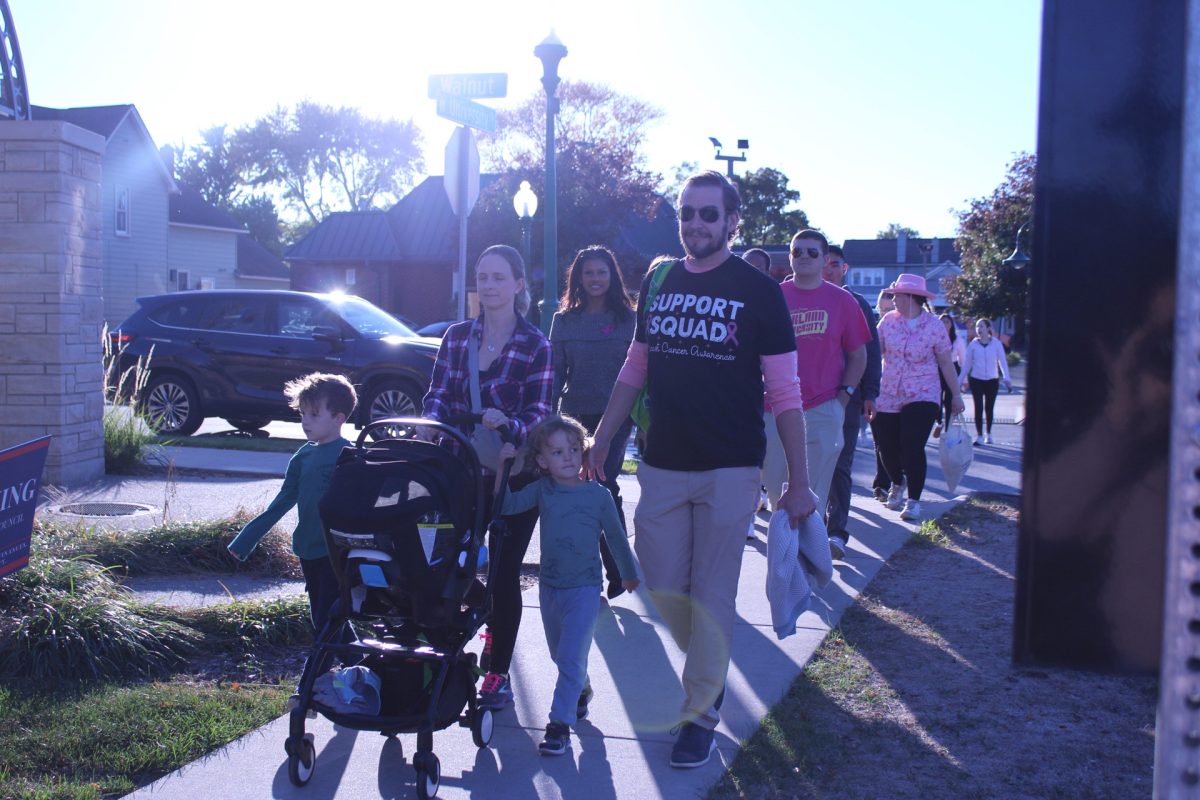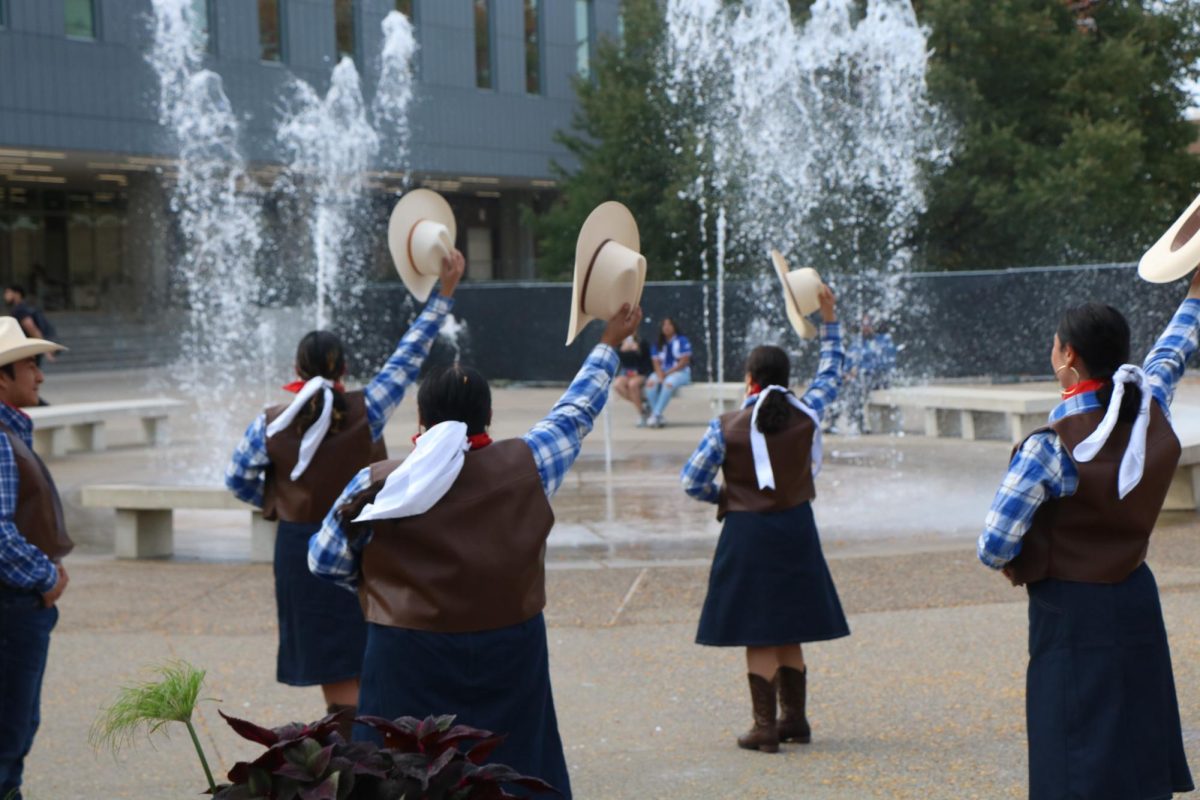
On April 7, Oakland University’s Center Ballroom hosted a presentation and interview with Ukraine’s former American Ambassador and Chargé d’Affaires, William B. Taylor.
The ballroom hosted a large turnout of attendees, ranging from students, faculty, staff and interested locals. The event was the inauguration of the World Affairs Council of Southeastern Michigan (SEMIWAC). An organization that works to “provide community education on international issues, through a notable speaker’s series and educational outreach programs,” the official website states.
“Ambassador Taylor has had a long and distinguished diplomatic career, and we are excited to have him come to Oakland University to share his insights on American foreign policy,” said Peter Trumbore, professor and chair of the Political Science department, in a quote for Oakland University News.
The event was focused solely on Ambassador Taylor’s position on present matters involving Ukraine after the third commemoration of the war had just passed on Feb. 24. The interview-like evening involved pre-noted questions by a moderator and questions by audience members.
Taylor was able to speak about how the war may not have been avoidable due to preexisting tensions between Russia. “He [Putin] was going to do it one way or another,” Taylor said. He was also able to cover certain aspects of what he expects for the future of the country.
Taylor continued to discuss how the U.S. has played a part in the conflict negotiations. He admitted that President Joe Biden was able to start the conversation of peace, but ultimately, President Donald Trump’s close relations with Russia’s leader allowed for President Trump to “bring him to the table,” as Taylor put it, and begin effective negotiations.
“For those seven months that the Congress delayed sending that support, that ammunition, that military assistance, those seven months were very costly. It was very painful,” Taylor said in an interview with The Cipher Brief. “The Russians took advantage of the fact that the Ukrainians did not have the artillery and ammunition that they needed to be able to stop the Russian offensives.”
Progress was seen in President Trump’s talks with Ukranian President Volodymir Zelensky when negotiating the thirty-day ceasefire in March, but President Vladimir Putin ultimately negated them, Taylor explained.
A map of Ukraine was projected to showcase the 18% of land that has been fought over for the past three years, and Taylor discussed that certain parts of Ukraine may have to remain under inevitable Russian siege until the country can fully join the European Union and regain it.
The lack of change in leadership in both Ukraine and Russia raised some questions from the audience until Taylor described that it is embedded in the Ukrainian Constitution that if the country is at war, no elections can be held, leaving the same leader in office until the conflict is resolved. Chances of re-elections for both leaders happen to be stagnant as Zelensky is tied to the office until the war’s end, and Putin’s fluctuating popularity depends on its outcome.
William Taylor ended the event by answering questions from the audience, transitioning into lighter topics regarding his most enjoyable experience as an ambassador. To those questions, he answered that traveling the country itself in his first tour before the war and the opportunities to converse with local Ukrainians and students were what he enjoyed most.
For the next event, which will be concentrating on Afghanistan, please visit the official website of the SEMIWAC and Oakland University’s Center for Civic Engagement.





